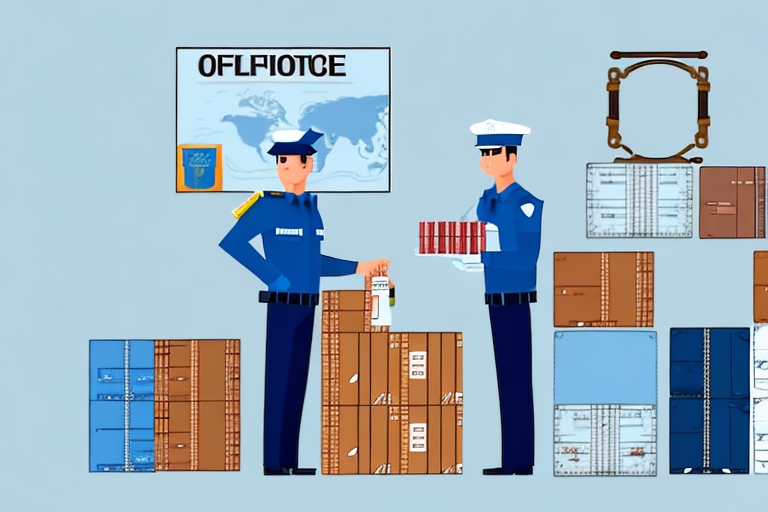Alcohol and tobacco are highly regulated industries, and for good reason. The government seeks to ensure the safety and integrity of these products, as well as protect consumers from counterfeit or hazardous goods. In the United States, the Alcohol Tobacco Tax and Trade Bureau (TTB) plays a crucial role in overseeing the importation of alcohol and tobacco products, and enforcing regulations to maintain industry standards. Understanding the complexities of TTB import regulations is essential for importers in these sectors.
At its core, the TTB is responsible for collecting taxes on alcohol and tobacco products, and preventing illicit trade. Import regulations set forth by the TTB are intended to safeguard public health and safety, promote fair competition, and maintain the integrity of the marketplace. These regulations cover a wide range of requirements, from licensing and registration to labeling and advertising standards. Importers must adhere to these guidelines to ensure compliance and to avoid penalties or loss of license.
Importers in the alcohol and tobacco industries face a myriad of challenges when navigating TTB regulations. One of the key complexities lies in understanding the various categories of products covered by these regulations. From beer and wine to distilled spirits and tobacco products, each category has its own set of rules and requirements. Importers must have a solid grasp of these guidelines to successfully bring their products into the country.
Non-compliance with TTB import requirements can have serious implications for importers. Violations can result in fines, seizure of products, or even criminal charges. Importers must take great care to ensure that their operations meet all TTB regulations to avoid these consequences. This includes accurate record-keeping, proper labeling, and adherence to excise tax requirements.
Registering as an importer under TTB regulations is a multi-step process that requires thorough attention to detail. Importers must complete an application, submit necessary supporting documentation, and undergo a background investigation. Once approved, importers must maintain their licenses and fulfill ongoing reporting and compliance obligations. It is crucial for importers to follow a step-by-step guide to ensure a smooth registration process and avoid delays or issues.
Importers often face common challenges when it comes to meeting TTB guidelines. These challenges can include understanding the nuances of label requirements, determining the correct duty rates, and navigating through the complexities of excise taxes. Importers must invest time and resources in education and training to ensure they are equipped to handle these challenges and avoid non-compliance.
Successful importation under TTB regulations requires dedication to best practices throughout the entire process. Importers must meticulously monitor their supply chain, ensuring that all products are sourced from licensed and reputable suppliers. They must also stay up-to-date with changes and updates to TTB regulations, as these guidelines are subject to periodic revision. Staying ahead of these changes is vital to maintain compliance and mitigate potential disruptions to import operations.
Excise taxes play a significant role in alcohol and tobacco imports under TTB jurisdiction. These taxes are imposed on the production, sale, or use of these products and vary based on the type and quantity of goods imported. Importers must understand the intricacies of excise tax calculations and submit accurate and timely payments to the TTB. Failure to do so can result in penalties and potential legal consequences.
One of the key goals of TTB import regulations is to protect consumers from counterfeit or hazardous products. By implementing stringent guidelines for labeling and advertising, the TTB creates a system of checks and balances that helps to ensure the authenticity and safety of alcohol and tobacco products. Importers must comply with these requirements to maintain consumer trust and uphold the reputation of the industry.
Additionally, the impact of TTB import regulations extends beyond just the United States. These regulations have far-reaching effects on international trade in the alcohol and tobacco industries. They promote fairness and harmonization in trade practices, preventing unfair competition and leveling the playing field for importers across different countries. This, in turn, fosters greater consumer confidence and protects the interests of both domestic and international industry stakeholders.
In conclusion, TTB import regulations are of utmost importance in the alcohol and tobacco industries. Importers must understand and navigate through the complexities of these regulations to ensure compliance and maintain the integrity of their operations. By adhering to guidelines, importers not only protect themselves from legal consequences but also contribute to public safety and consumer trust. The significance of TTB import regulations should not be underestimated, as they impact trade on both a domestic and international scale.







